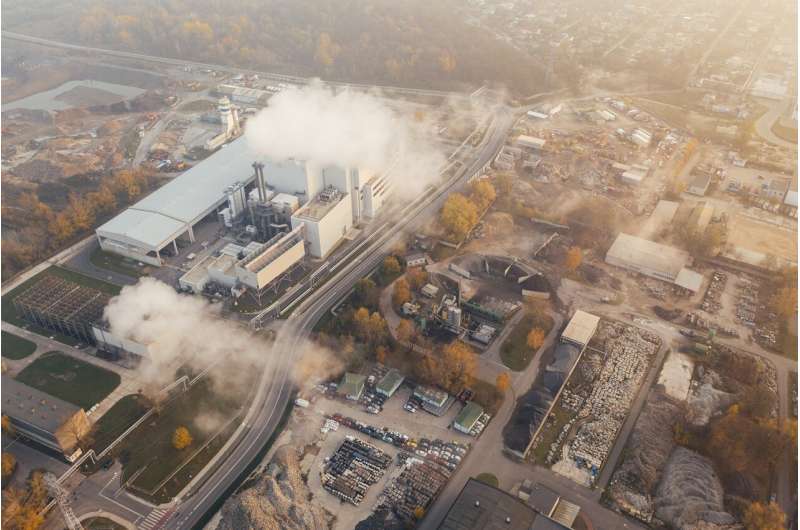Study: Amendments to insurance and international environmental laws needed for carbon capture, use and storage

“Robust” amendments to insurance law and international environmental law are needed to allow carbon capture, utilization and storage to take place legally so the technology can be used in the fight against global warming, a new study says.
The study, published in the European Energy and Environmental Law Review, argues that a robust liability framework for CO2 capture, use and storage could represent a positive first step towards addressing a difficult regulatory issue.
Development of EU carbon capture regulatory frameworks is needed to encourage the safe expansion and use of carbon capture, according to researchers.
For many years, the transportation and storage of CO2 has neither been expressly prohibited or authorized by international environmental law. This has left those who want to transport it from one country to another in an unknown position with respect to international law. Due to the nature of international law requiring approval from multiple countries before it can enter into force, amendments to existing conventions have taken a long time to put into place, and in some instances have still not been resolved.
The research was carried out by Associate Professor Dr. Kyriaki Noussia, from the University of Reading; Dr. Catherine Caine, from the University of Exeter, and Whitney Richardson from the Chicago-Kent College of Law.
Dr. Noussia said, “Ensuring safe deployment of carbon capture through minimization of leakage must remain a priority, to supplement climate change mitigation efforts and get the most benefits from this technology’s deployment.”
Researchers say insurance and general liability will need to be capped to further allow insurability to operate. Governments may be reluctant to accept amendments which may place a higher burden on public funds, regardless of how unlikely the event of significant leakage is.
They recommend nations should retain their freedom to decide whether to allow carbon capture on their territory. Insurance plays a pivotal role in ensuring there is a safety mechanism to help carbon capture technology and battle climate change. The “sudden” and “unexpected” loss coverage in property casualty policies is not appropriate for environmental pollution incidents.
Both the threat and the frequency of cyber-risks have provided the need for specific and separate additional coverage for cyber-terrorism and cyber-risks. This in turn is anticipated to re-establish a “soft” insurance market and help deploy the widespread use of carbon capture.
The study says risk could also be spread through risk-sharing agreements or a pool system that allows operators to share each other’s losses, and whereby the operators, unlike in insurance, are both insured and insurer. There could also be a financial guarantee to the operator by parties such as another company or third party, or a financial institution.
Governments can also step in to ensure that guaranteed minimum safety standards are in place for carbon capture, use and storage, to then allow the insurance market to respond.
More information:
Kyriaki Noussia et al, European Regulatory and Insurance Aspects of Carbon Capture and Storage, European Energy and Environmental Law Review (2022). DOI: 10.54648/EELR2022024
Citation:
Study: Amendments to insurance and international environmental laws needed for carbon capture, use and storage (2022, December 20)
retrieved 20 December 2022
from https://phys.org/news/2022-12-amendments-international-environmental-laws-carbon.html
This document is subject to copyright. Apart from any fair dealing for the purpose of private study or research, no
part may be reproduced without the written permission. The content is provided for information purposes only.
For all the latest Science News Click Here
For the latest news and updates, follow us on Google News.

